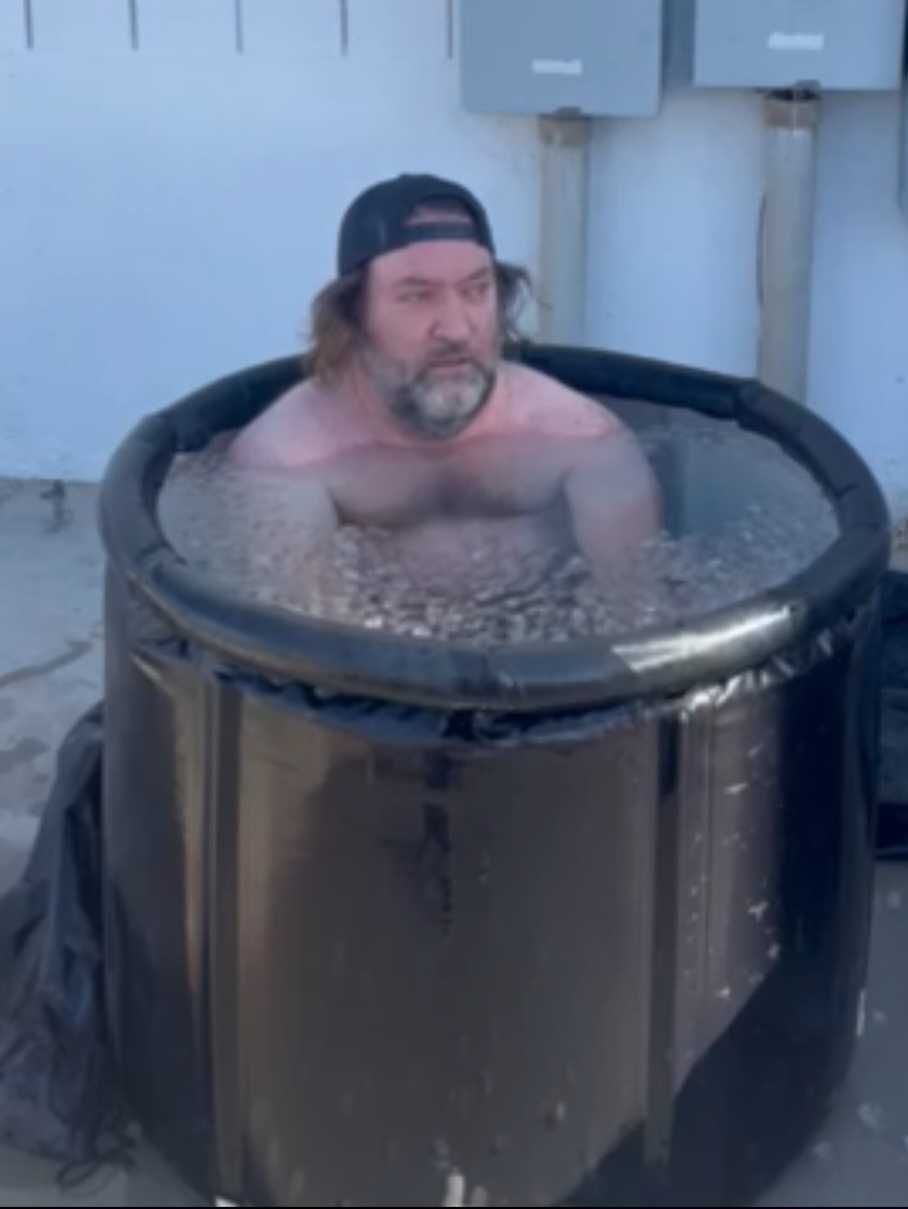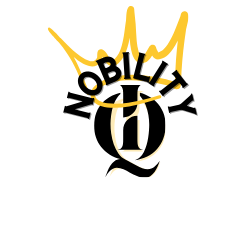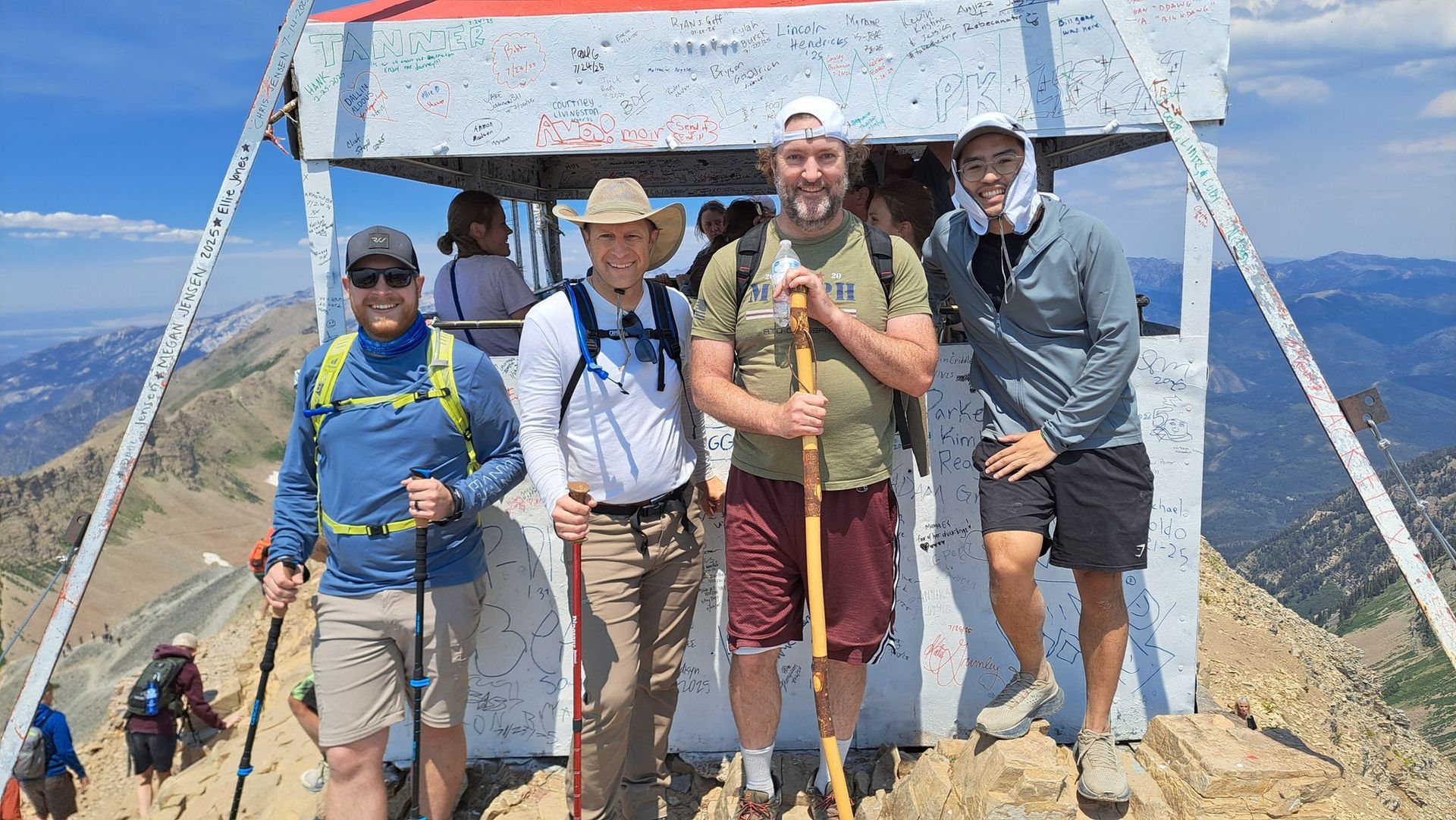Adding Structure to Experience: Research vs. Experience, Which is Better?

Research vs. Experience
A Cold Plunge
I experienced my first ice bath on Memorial Day this year after completing the Memorial Day Murph. The Murph consists of a 1-mile run, 100 pull-ups, 200 push-ups, 300 air squats, and finishes with another 1-mile run. I had heard plenty about the benefits of ice baths and wasn’t sure I wanted to try one. But between the sweat, soreness, and a little peer pressure, I decided to go for it.
I’m not sure I felt the full effects I had hoped for. I was still tired and sore for a day or two afterward. However, I did notice a bit more energy that day. We also included a sauna session, which may have contributed to that boost.
Personal Experience
In my full-time role as a Program Specialist, I help people find remote work. I’ve been a career coach for 15 years and wrote a book about my journey from accountant to career coach: Nobility Road. Most of what I learned about career transitions came from mentors and personal trial and error. Over the years, I’ve developed tools and strategies—refined through hands-on experience—that have helped hundreds of job seekers discover their career vision.
But it wasn’t until I was invited to attend the National Career Development Conference (NCDA) that I began to hear more about the formal theories used in higher education and the career development field. Before the conference, I joined a virtual workshop where someone asked, “What’s your favorite career development theory?” I gave an answer I felt confident in—but I wasn’t sure if it aligned with the more commonly cited theories.
Curious, I did a bit of research and came across this article that helped clarify things. As I reviewed these theories, I realized many of them mirrored approaches I’ve been using for years—just without the academic labels or research references.
The Value of Research
Working for a higher ed institution and participating in a research program, I’ve come to value research more than ever. It provides credibility through data and measurable validation. Still, my book, Nobility Road, wouldn’t be used as a textbook—it’s not rooted in peer-reviewed studies. But does that make it any less meaningful? I don’t think so.
Personal experience does count. And I’ve recently discovered that much of what I’ve developed through experience is actually supported by a wealth of academic research.
Conclusion
Just like with ice baths—I can read all the studies I want, but there’s something powerful about actually stepping in and experiencing it for myself. There may be added value in repeated trials and evaluating to see if it really helps as it claims it does for me personally.
I’d love to see my book tested and evaluated through a research lens someday, but I’m not yet sure how to begin that process. In future versions, I may look at aligning the “Ten Steps to Find Your Purpose” with established career development theories. It could be a way to bridge the gap between lived experience and academic insight.
________
If anyone would like to help me run my book through research, I would love to hear from you. I'll give you a free book!

